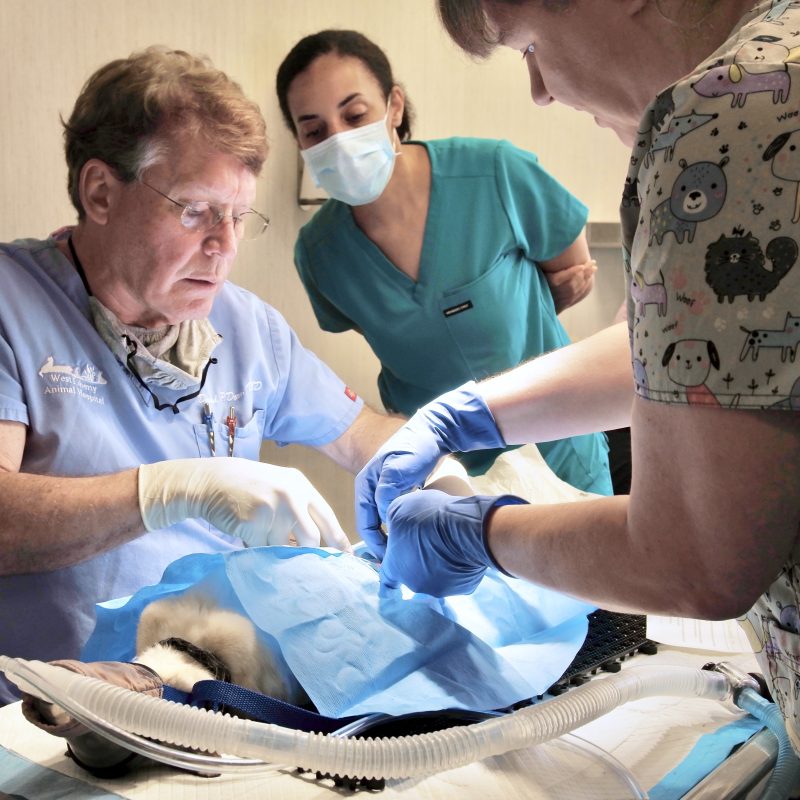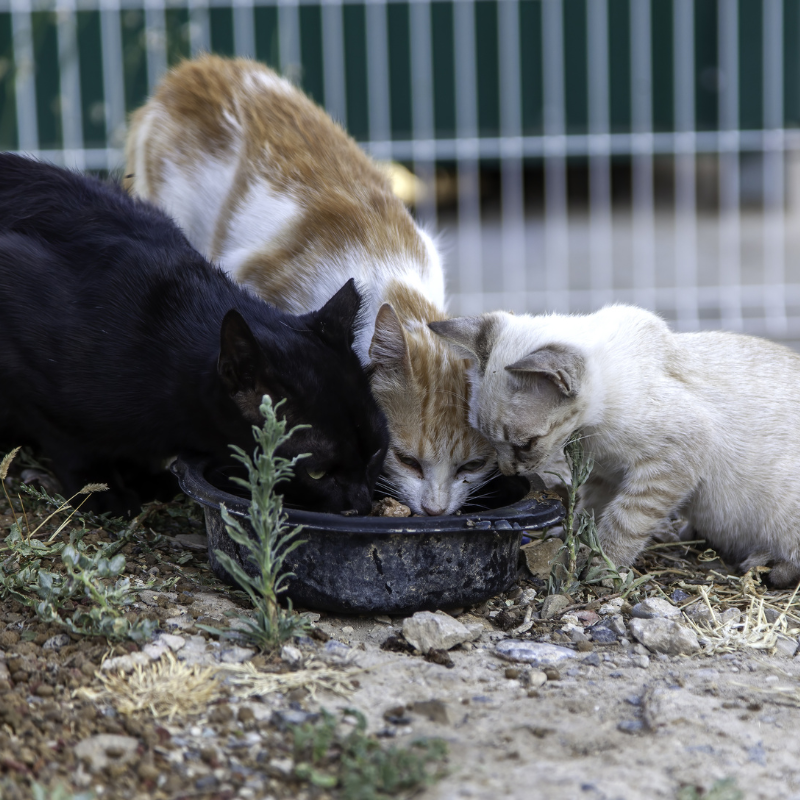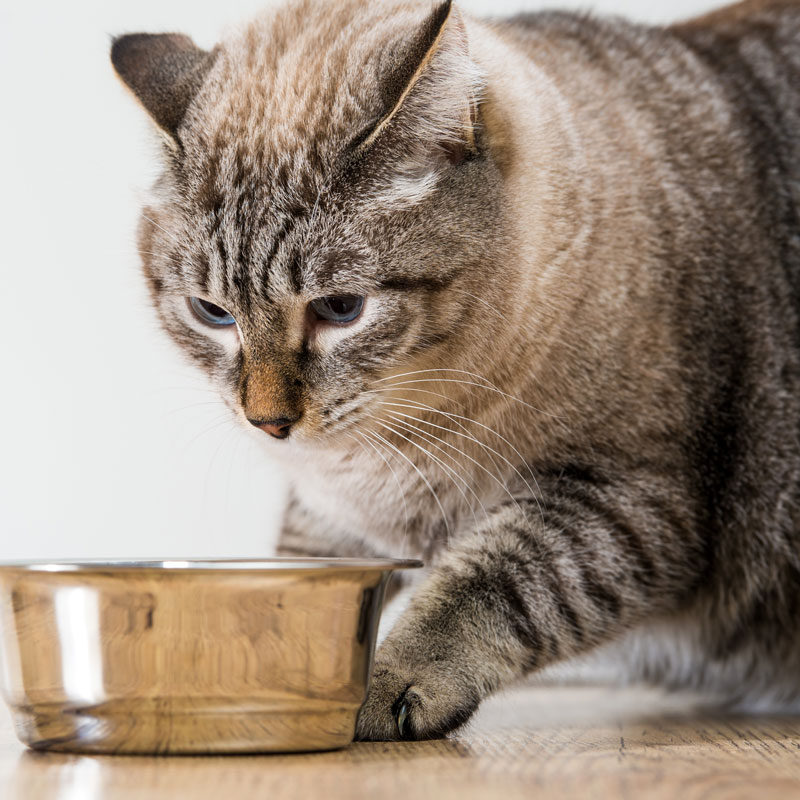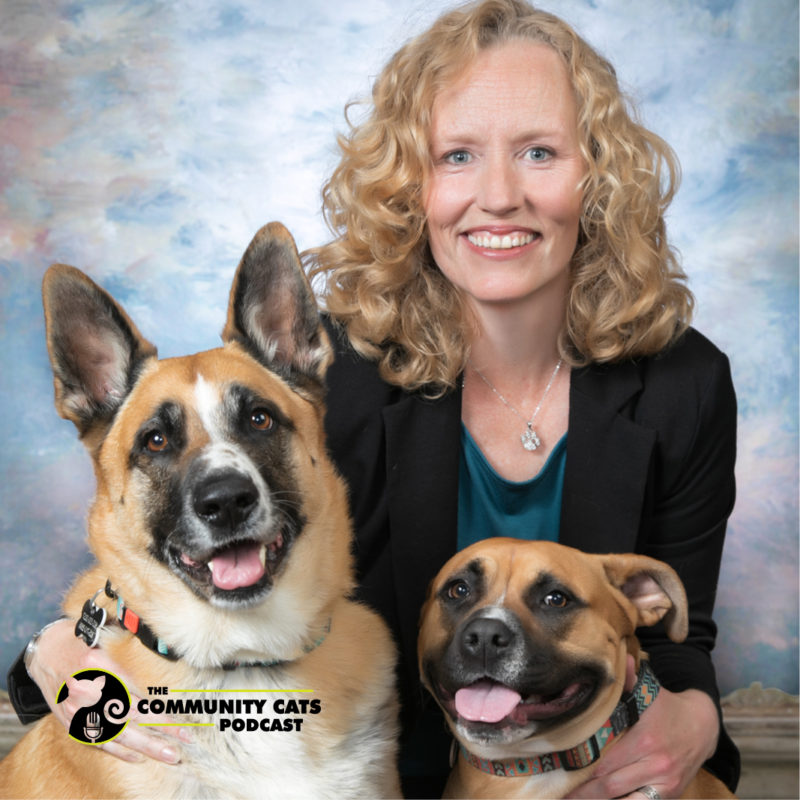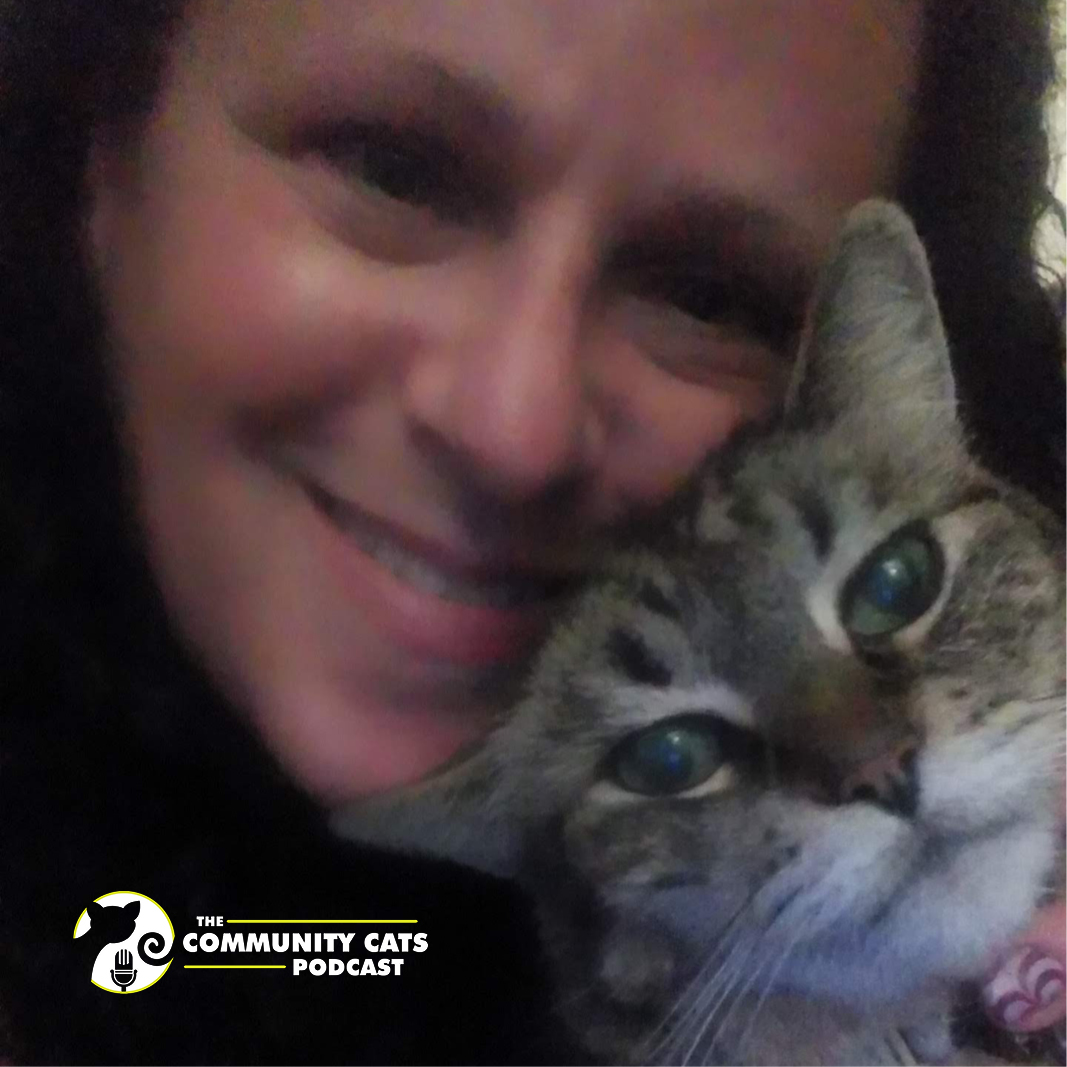
At a recent workshop that I ran, the concept of “moral distress” came up in conversation. The thought at the workshop was that we are misidentifying moral distress as compassion fatigue. I found this incredibly interesting. In general, moral distress is the anxiety we feel around the fact that we can’t do all of the things we want to do in order to help a patient due to a lack of resources, time, and other factors. It is the cost of making a decision that goes against our ethics. We become frustrated and often times end up leaving the field. This is a huge issue when it comes to staff retention in nursing and I believe it is occurring in animal welfare too.
Here are a couple of articles on the topic of moral distress:
“Moral Distress and Building Resilience” (Johns Hopkins Nursing magazine)
“What is ‘moral distress’ in nursing? How, can and should we respond to it?” (Journal of Clinic Nursing)
Here is a quote from the second article:
“As it was originally conceived, [moral distress] MD was believed to arise ‘when one knows the right thing to do, but institutional constraints make it nearly impossible to pursue the right course of action’ (Jameton, 1984, p. 6).”
Compare this to compassion fatigue, where you just run out of emotions, energy, and desire to help, move, and do. Compassion fatigue is something that happens more as a result of or in reaction to trauma (which we do have moments of). Certainly, as we enter into a world with more proactive programs, we have fewer traumatic moments with emergency/triage cases, and more ongoing community support—yet we are still limited in how we can care for our cats. We are held back by all of the things that we want to do.
Here is a link on the topic of compassion fatigue:
Compassion Fatigue Awareness Project
So does this concept of moral distress come down to ethics? What can we do within our organization to address this issue?
Ethics is a huge part of the conversation on how we treat our cats in the community. Do we ensure that cats have access to the Five Freedoms, which have become the bedrock for evaluating the wellness of cats? Do we take the time to have frank discussions with our staff, volunteers, and board members about the ethical challenges that we all face on a daily basis? Sometimes we have to say no when a cat needs help, sometimes we have to stay “maybe later,” and sometimes we say yes, but now we help in different ways than we once might have (TNR, return to field, rescue). How do we make these choices? Are we having to make choices that reflect our organizations’ views, but may go against our own personal moral compass? How do we digest these actions?
Currently, I don’t feel like the animal welfare community is dealing with the issue of moral distress at all, and this may be why we are having a hard time hiring for many cat care positions. What do you think?

